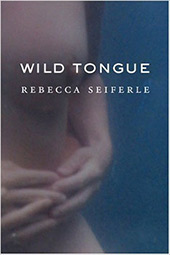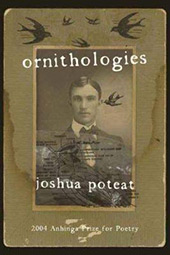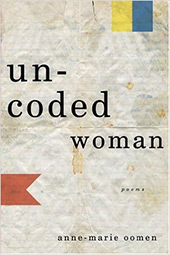
by Michelle Lewis | Poetry & Poetics |
Poetry is most commonly the realm of a single speaker, and the line serves as the primary unit of the poem. However, examples of the primary unit being subordinated, subjugated, or challenged by the presence an interlocutor are close at hand, from Poe’s outspoken...

by Michelle Lewis | Uncategorized |
In his essay “The Anxiety of Influence,” Harold Bloom says that criticism is the art of knowing the hidden roads that go from poem to poem. The poem is an act that perpetuates other acts and gives new life to the forms it repeats, and its influence helps...

by Michelle Lewis | Poetry & Poetics |
In Joshua Poteat’s poem “Hitchhiking in the Dying South” from Ornithologies, the poet is reminded of an accident along the road. Without veering too far from the matrix of the poem, Poteat constructs a landscape that both enlarges and compresses, as...

by Michelle Lewis | Poetry & Poetics |
Maurice Manning writes captivating characters, and the single speaker in his collection Bucolics is one. He is less character, however, than figuration – son of an archetypal foundation laid by Job, and Job’s derivative, Hamlet. While to place the overlay of archetype...

by Michelle Lewis | Poetry & Poetics |
Emily Dickinson wrote that the speaker in her poems is not the poet herself but “a supposed person.” The degree to which a poem’s persona or “supposed person” is a reflection of the poet herself is largely left to biographers, but the question does have an allure....







Recent Comments